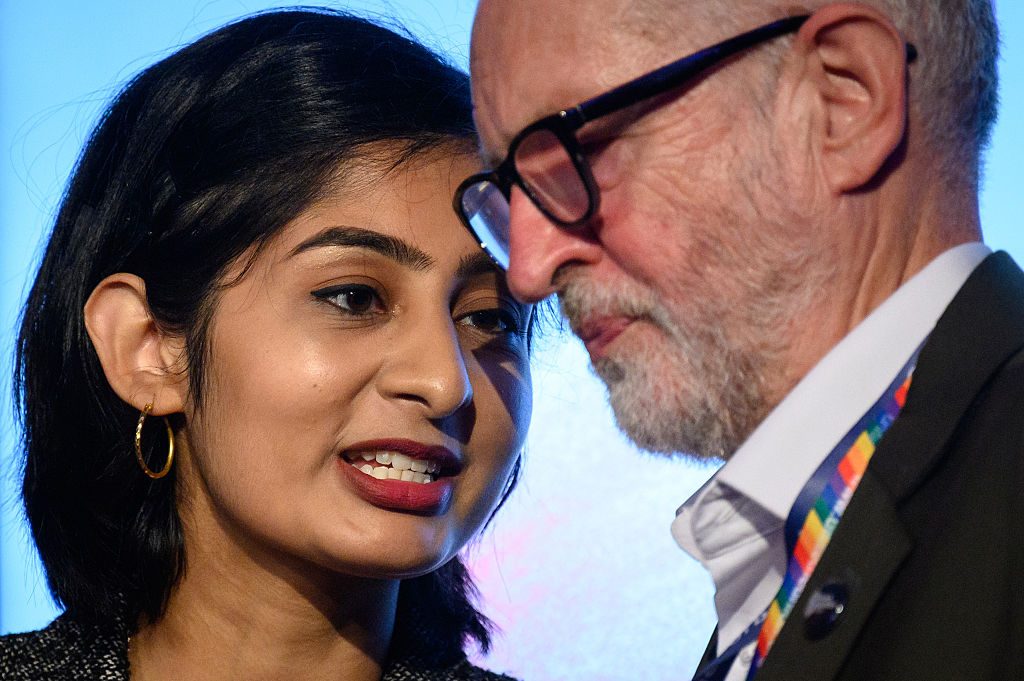Anyone who has spent any time studying Britain’s radical, Left-of-Labour political scene will be familiar with its bizarre, byzantine, and notoriously schismatic culture. The zone of revolutionary socialism consists of an alphabet soup of warring organisations, many of them made up of former Marxian tacticians, whose “praxis” lay in infiltrating the Labour Party to turn it towards more maximalist policy.
It may lack the salacious drama of previous hard-Left splits, but Your Party’s inevitable breakdown makes all past discord look trivial by comparison. The insurgent party had more MPs than Reform and had, in Jeremy Corbyn, a household name. Zarah Sultana’s decision to launch Your Party unilaterally — and prematurely, twice — before securing the backing of Corbyn and her fellow MPs has backfired. Instead of building momentum, it has torpedoed whatever threat the party might have posed to Labour. There was genuine potential in eroding Labour’s progressive, urban base, in much the same way Faragism is devouring its working-class vote at the opposite end of the spectrum.
The embarrassing debacle reveals both political and personal animosities that were present from the beginning. The rows over the “social conservatism” of Adnan Hussein are just part of the story. He was one of five independent candidates unexpectedly catapulted to Parliament on the back of widespread revulsion at the Gaza war in Muslim-dominated constituencies. But his assertions that biological sex should remain a protected category, not to be overridden by a person’s subjective gender identity, were too much for the ultra-progressive Sultana to bear.
There were also multiple tripwires waiting to be set off over a joint stance on Israel (total destruction, or “two states”?), as well as Ukraine (anti-Russian imperialism, or anti-Nato expansion?). The importance of personality and ego shouldn’t be underestimated either. Co-leadership never suited Corbyn, while a subordinate place wouldn’t do for an ambitious Sultana.
And yet the fundamentals of the party form were also at stake: would the new Left outfit operate as an organised, top-down clique of MPs, with media-savvy communicators and operators, mimicking the successes of Reform? Or would it placate the Left’s long-running obsession with what it calls a “prefigurative” politics, or the idea that Left organisations should be participatory, horizontally structured in a loose federation of activist “social movements”?
Supporters of Sultana were coalescing around the latter. And Corbyn, ever the indecisive fudger, may have paid lip service to the idea, but had former staffers working to sideline proponents of this budding vision. He nevertheless insisted on trying to accommodate the competing interests of a hodgepodge of characters, including the former mayor Jamie Driscoll and his Majority party; the former ANC MP Andrew Feinstein, who ran a good campaign against Starmer at the last election; and the Liverpool Community Independents, a group of Left-wing former Labour councillors.
Attempting a halfway house between inclusive “member-led democracy” and a tight-knit, merry band of Leninists has led to a total implosion before even a permanent name has been settled upon. Today, unusually, Keir Starmer and the Green Party’s Zack Polanski, who is now emerging as the only viable Leftist alternative, will both be engaging in their own schadenfreude. A prominent Corbynite messages me to judge it an example of “all time Left-wing buffoonery”. And they are right.











Join the discussion
Join like minded readers that support our journalism by becoming a paid subscriber
To join the discussion in the comments, become a paid subscriber.
Join like minded readers that support our journalism, read unlimited articles and enjoy other subscriber-only benefits.
Subscribe